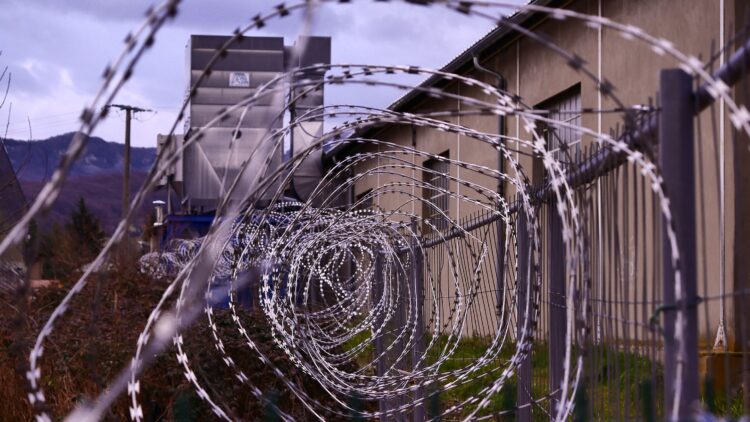Over a decade after a conviction that saw two juvenile court judges guilty in one of the largest racketeering and courtroom fraud scandals in U.S. history , the judges involved are now ordered to pay over $200 million to their victims.
Two Pennsylvania judges, Mark Ciavarella and Michael Conahan, are at the center of the “kids for cash” scandal , which saw them sentencing juveniles to for-profit prisons, in exchange for payments from the prisons.
These judges would sentence kids as young as 8 to juvenile detention centers.

Many of these children were first-time offenders , and were charged with petty crimes and misdemeanors, such as theft. The judges would order these children to be shackled and taken away from their families immediately, without a chance to properly say goodbye.
The two worked with a builder and co-owner of for-profit prisons in order to convict these kids.

They accepted $2.8 million in kickbacks from this builder, Robert Mericle, in addition to shutting down a county-run prison in the state of Pennsylvania.
The psychological damages these judges’ actions had on their victims is irreparable.

When Ciavarella initially pled guilty in court in 2011, Sandy Fonzo, mother of a youth who was sent to prison by the judge and later committed suicide, spoke out about the injustice of him initially being released after the verdict.
He was able to walk out of the court that day, while his victims were immediately taken away.

“There’s no justice, there’s not. He’s never going to get what he deserves,” Fonzo said.
Ciavarella and Conahan would later be sentenced to prison.
The two judges are currently in prison for their crimes.

Ciavarella was sentenced to 28 years in prison and is currently serving that time. Conahan is currently serving a more than 17-year sentence, but was released to home confinement in 2020 because of the pandemic.
Since the time of the judges’ convictions, nearly 300 of their victims filed for a civil lawsuit.

They stood before U.S. District Judge Christopher Conner last fall in order to give their testimonies over the atrocities they faced as a result of Ciavarella and Conahan.
In total, 282 victims and 32 parents spoke before the court.

Of the 282 plaintiffs who had previously appeared in Ciavarella’s courtroom, 79 were under 13 when they were sentenced to their time in juvenile detention.
After hearing these testimonies, Judge Conner ruled in their favor.

He awarded $106 million in compensatory damages and $100 million in punitive damages to the plaintiffs, stating they are “the tragic human casualties of a scandal of epic proportions.”
His explanation of his ruling condemned the actions of Ciavarella and Conahan.

“Ciavarella and Conahan abandoned their oath and breached the public trust,” Conner wrote this passed Tuesday. “Their cruel and despicable actions victimized a vulnerable population of young people, many of whom were suffering from emotional issues and mental health concerns.”
It is unclear if the plaintiffs will actually see the money, though.

Marsha Levick, a lawyer representing the plaintiffs and co-founder and chief counsel of the Philadelphia-based Juvenile Law Center, said she “can’t imagine there is any money out there.”

















































